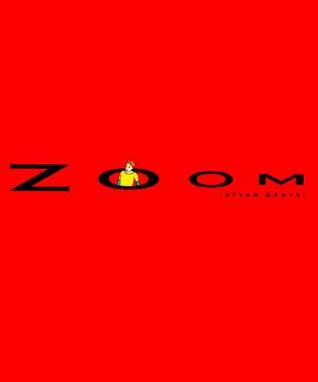Two weeks ago I launched "Bring Your Own Device" in my classroom. Not because I don't already have enough to complicate my life, but because the theme of this year has unfolded to be "
meet them where they are."
Before I ever mentioned the initiative to my students, I proposed it to parents at Curriculum Night. All five who showed up (which I'll take as a vote of confidence rather than a demonstration of apathy) were enthusiastic about the opportunity for their children to learn to use a device for more than just gaming and texting.
On that first Monday, five students brought devices. The number of devices has more than doubled since then. Somehow, there was a misconception that it was a one-week deal. Jaws dropped when I cleared that up and told them that this is a YEAR LONG deal. We started BYOD with a district Technology Support Teacher on hand to help out. We began with a lesson on digital citizenship, then scanned QR codes as one way to get to an Internet site. Next, the students learned to access the Student Dashboard, where I can upload links for them in all subject areas. We ended the morning with everyone on a school laptop for what started as a quick lesson in saving to the district cloud, but ended up being Fun With Shapes and Colors in Pages.
My ability to integrate technology every day has had its ups and downs. I am learning to be more flexible than ever and to defer to the students with, "What do YOU think?" which of course is empowering to them and why on earth did I ever have to be one who does all the thinking in the first place?
Here are some examples of how we've used our devices so far:
In reading, I gave groups the challenge of representing their thinking about the characters, setting, and most important events in the plot of our read aloud ESCAPE FROM MR. LEMONCELLO'S LIBRARY using their devices as they saw fit. They used Notes, Voice Memo, Skitch, a whiteboard app, iPods and iPads. They shared their thinking and creations using the document camera. (Air Share is aggravatingly not working for us.)
In math this week, we had a "whiteboard quiz" over geometry terms. If they had a drawing app on their device, they could use that for their whiteboard. Others used old-school whiteboards and dry erase pens.
In writing, the devices have opened up a whole new world of "containers" or formats in which students can go public with their writing. I'm anxious to see how this unfolds as they learn to use the apps they have and we find and try out new apps.
If all goes well, we'll have four new iPads soon to further complicate and enrich our classroom lives!











